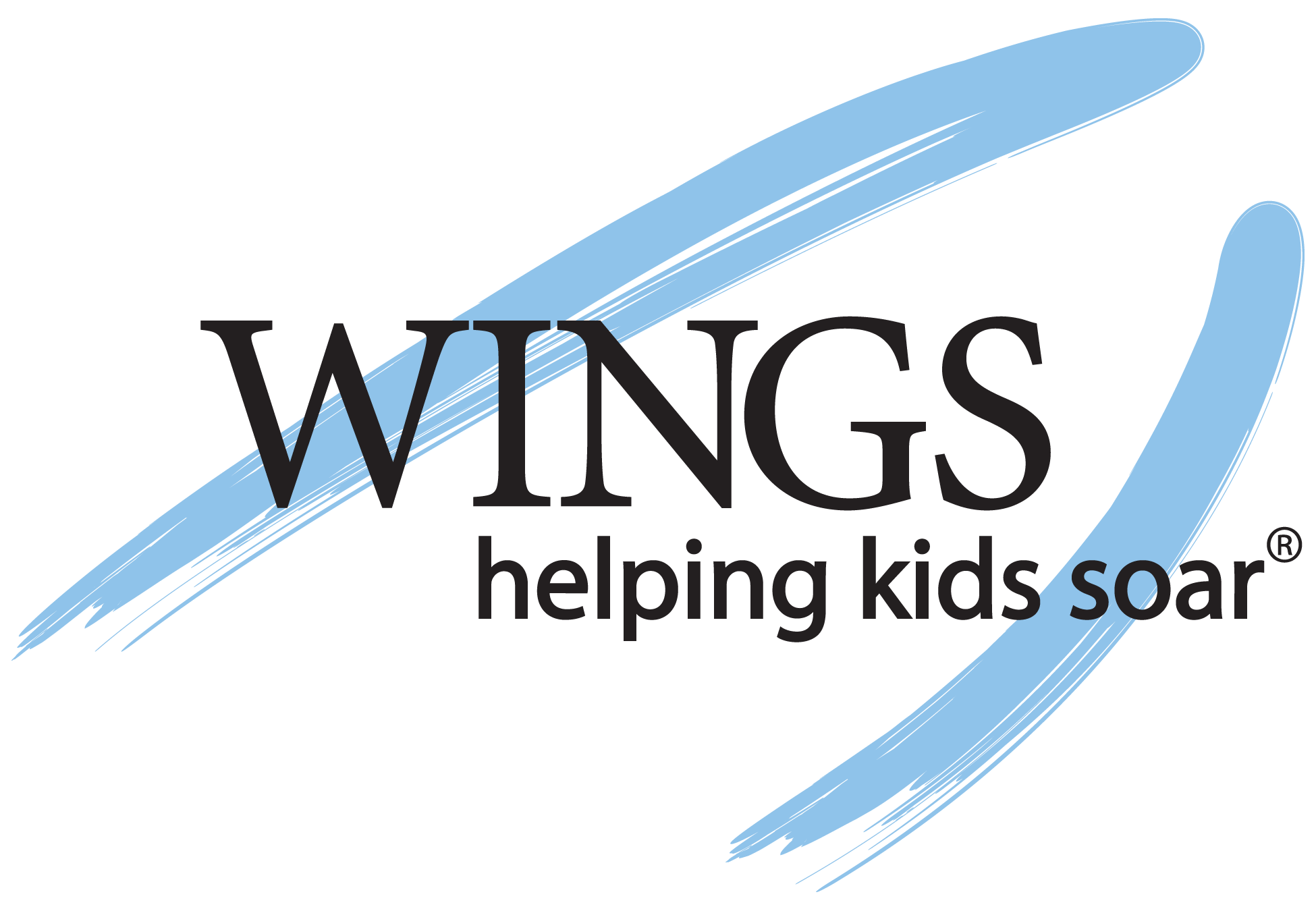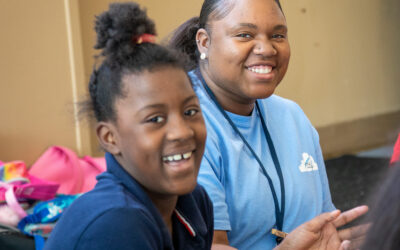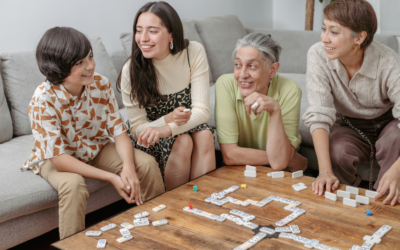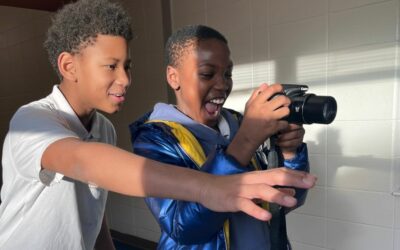It’s hard to separate fact from fiction these days. Whether you’re talking to a parent or community leader, or even your own staff, explaining the benefits of SEL comes with its fair share of challenges—especially as misconceptions swirl in the media and within school communities. Advocating for the teaching and learning of social skills is crucial for children, now more than ever.
In fact, research consistently underscores how SEL lays a solid foundation for overall well-being, impacting success within and beyond academic spheres.
Children equipped with robust social emotional skills:
- Exhibit an increased likelihood of successfully completing high school
- Foster more positive and healthy relationships with their peers
- Demonstrate an enhanced ability to navigate and cope with stress
- Develop essential social skills that employers are seeking
Despite these well-documented advantages, misconceptions surrounding SEL persist. We’ve rounded up some of the most common misconceptions about social emotional learning—and the reality that we understand from our decades-long experience working with kids.
Myth: SEL is Only For Kids
Reality: Everyone (Even Adults) Can Benefit From These Skills
While SEL is often associated with fostering essential life skills in youngsters, adults can reap significant rewards from honing their social and emotional competencies. Building strong interpersonal relationships, effective communication, and self-awareness are fundamental components of SEL that contribute to improved overall well-being for individuals of all ages.
Myth: Social-Emotional Learning is a Passing Trend
Reality: Character Skills Build a Foundation for Future Success
Far from a mere educational buzzword, SEL has deep historical roots. It stands as a time-tested methodology integral to successful learning environments, emphasizing not just academic achievement but also essential life skills to prepare students for the challenges of the real world.
Myth: SEL Equates to Feel-Good Moments Only
Reality: A Holistic Skill-Building System in Action
Contrary to misconceptions, building character skills is not a sporadic feel-good exercise. It’s a robust, comprehensive system, imparting vital life skills such as emotional intelligence, resilience, conflict resolution, empathy, and interpersonal skills. It’s not merely about feeling good; it’s about developing competencies crucial for success in school and in life.
Myth: Teaching Character Skills is Solely the Responsibility of the Parent/Caregiver
Reality: Students Flourish Through Collaborative Efforts
SEL isn’t a solitary responsibility of one or two designated people. Its success hinges on the collaboration between parents, educators, and the broader community. By working together, these stakeholders create a consistent support system, fostering emotional and academic growth within their classrooms, homes, community centers, and wherever kids are spending time with trusted adults.
Myth: Academic Rigor and SEL are Incompatible
Reality: A Synergistic Relationship Enhances Academic Outcomes
The belief that building social and emotional skills detracts from academic rigor is a misconception. Studies consistently show that integrating positive youth development techniques into the curriculum enhances academic performance. These essential skills provide students with tools to manage stress, focus on tasks, and collaborate effectively—contributing to improved academic outcomes.
Myth: SEL is a One-Size-Fits-All Approach
Reality: An Adaptable and Personalized Framework for Diverse Needs
SEL is not a rigid, one-size-fits-all approach. It’s a flexible framework that accommodates diverse learning environments and individual needs. It celebrates cultural differences and allows for personalized approaches, ensuring that every student benefits from its principles.
It’s imperative to debunk these myths and emphasize the indisputable advantages character skill development offers. Through a thorough comprehension and steadfast support of SEL, we actively contribute to the cultivation of emotionally intelligent, resilient, and compassionate individuals who are well-prepared to navigate the complexities of the world. This commitment to truth becomes a catalyst for empowering and shaping the future generation.
Want to learn more about how WINGS can create an environment for social emotional growth in your school or program? Discover our solutions or book a call with us today!













